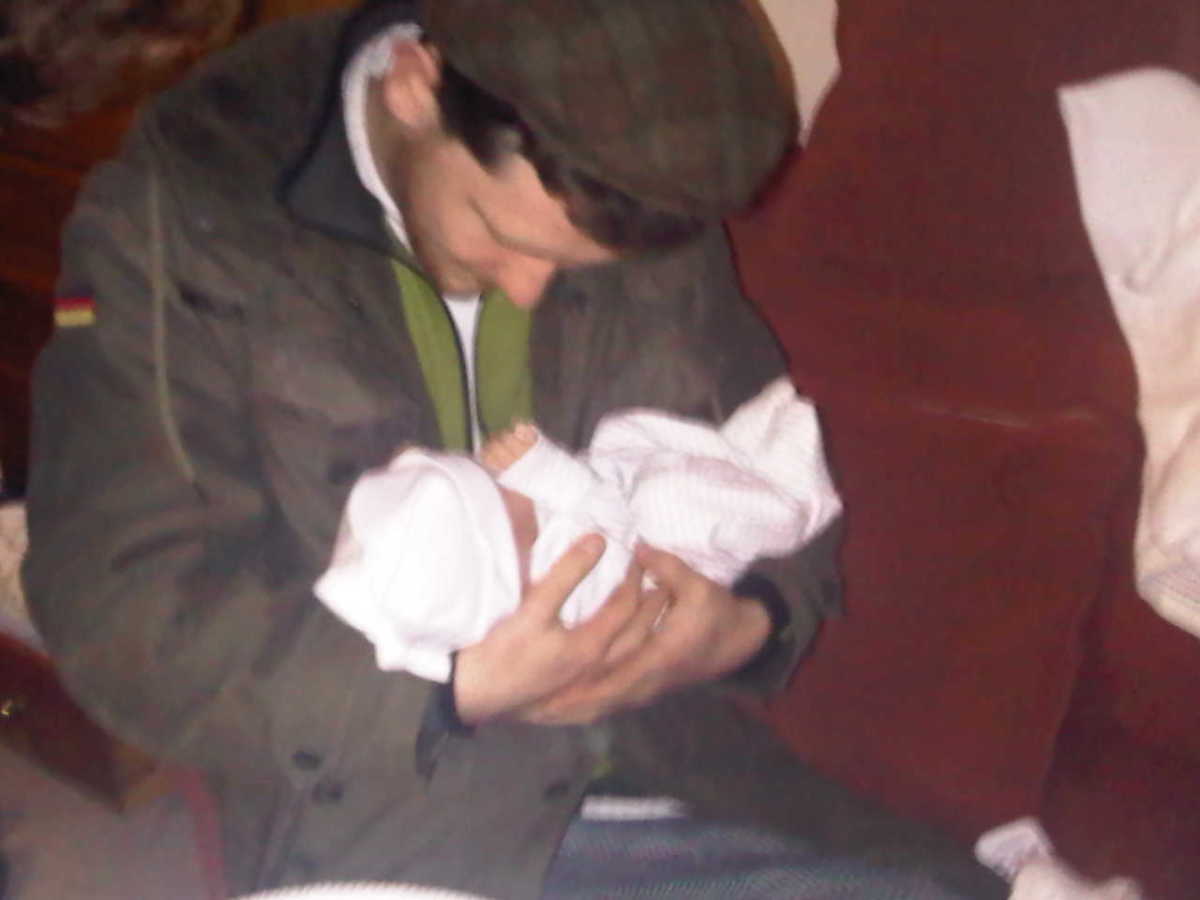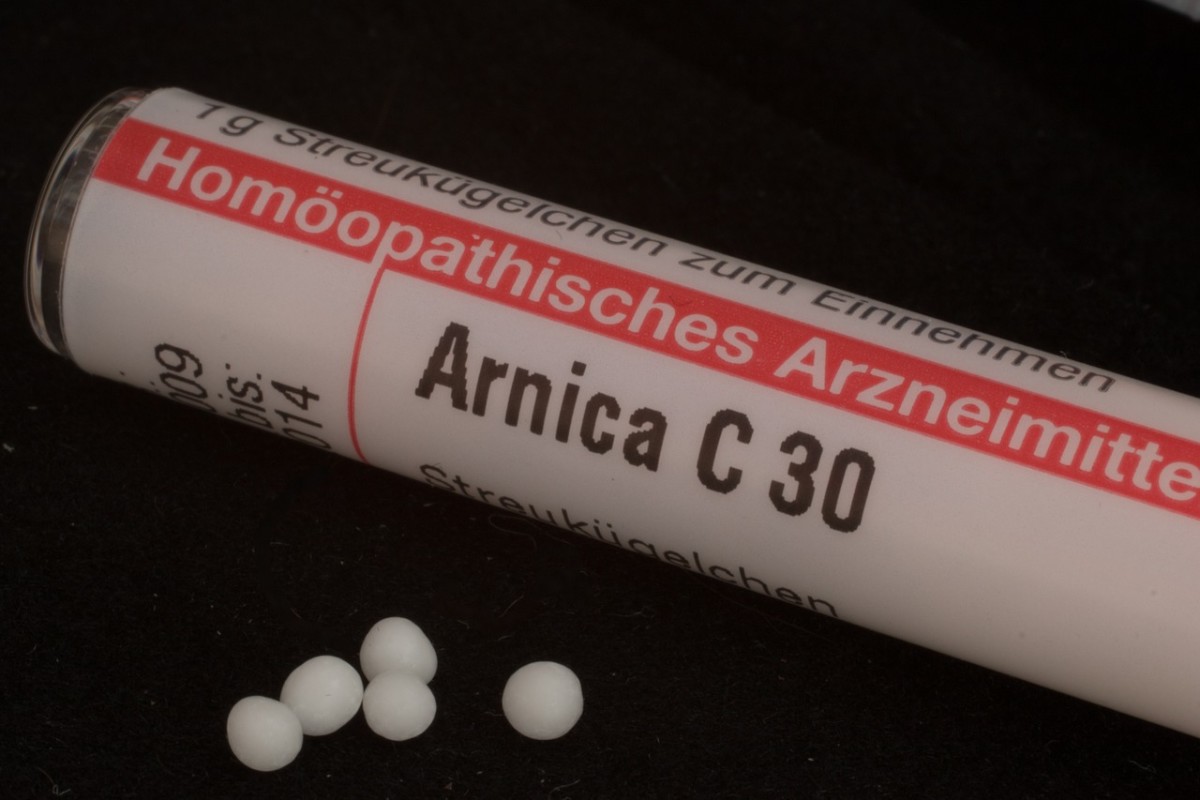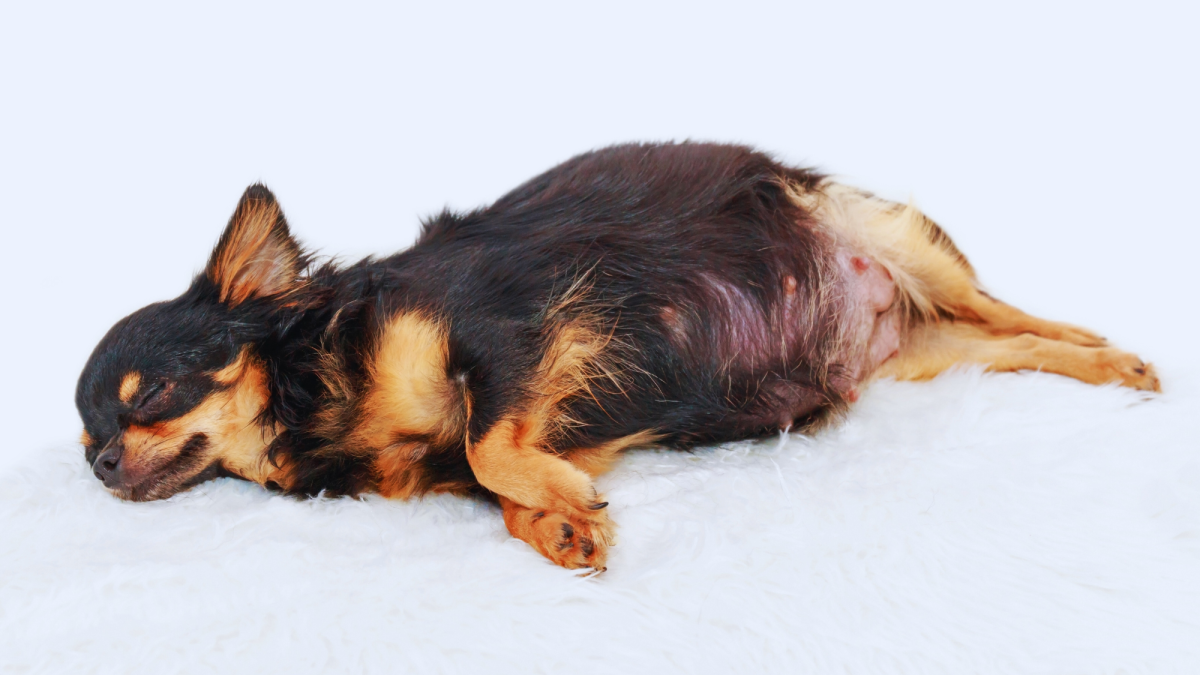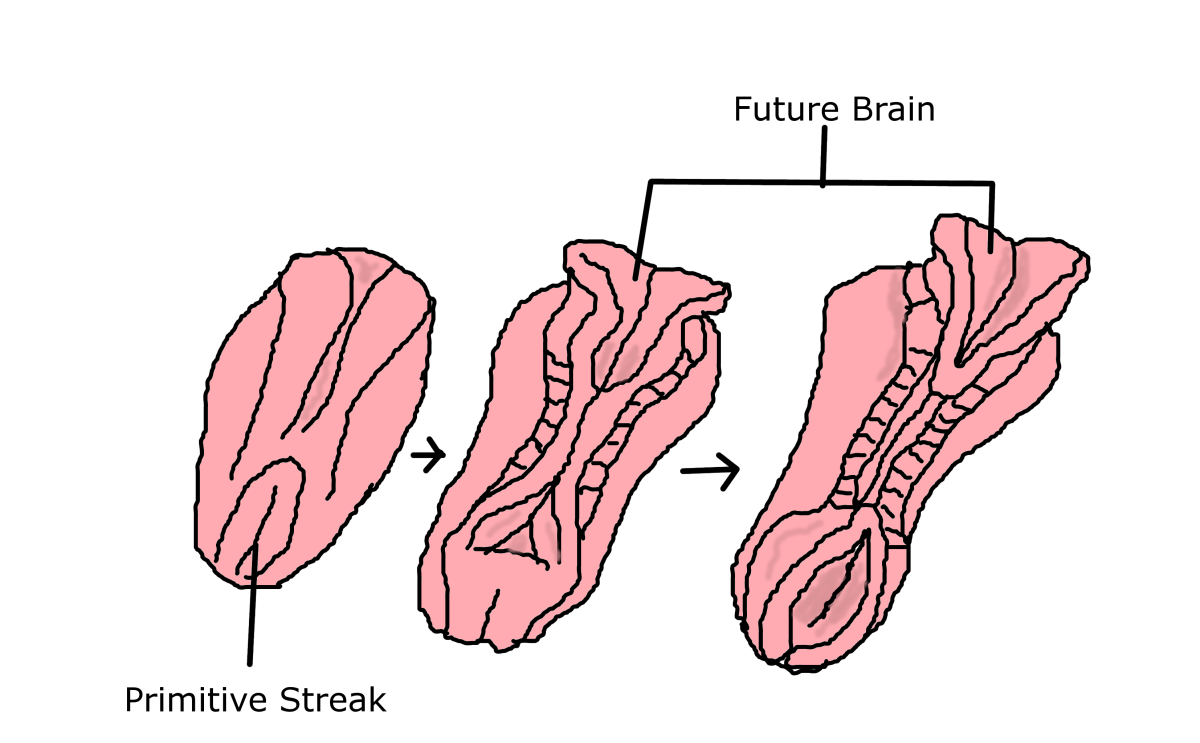Natural Pain Relief In Labour and Childbirth
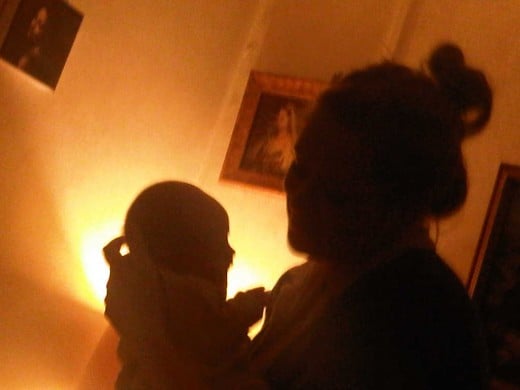
Natural body wisdom
What every woman needs to know going into labour is that her body is perfectly equipped to produce opiates that are as effective, if not far more effective, than pharmaceutical opiates, and are completely without unwanted effects!
Beta-endorphin is secreted during labour, in response to contractions. It is also released under conditions of stress an pain at other times in life as our very own inbuilt pain killing system.
Beta-endorphin, a natural opiate painkiller
Beta-endorphins have an interaction with oxytocin secretion, which slows down when the beta endorphin levels get very high, having the effect of slowing a labour which the woman may be finding too stressful.
Many other natural hormones are present and are interacting with each other constantly during labour. This very complex and not completely understood pattern has been developed by nature over millennia to enable mammalian mothers to birth in the wild safely, and to be able to stop labouring if the energy was needed to run to safety from a predator. Doulas know that women need to feel safe, and unobserved in order to labour well.
So the first consideration for natural pain relief in labour is that if the needs of the labouring woman are met, in terms of privacy, quiet, darkness, warmth, safety, and someone she trusts nearby, she will be best placed to get on with the job quickly, by herself and without the need for very much in the way of any pain relieving measures.
How often do we see these conditions met on your typical hospital labour ward?! No wonder all the women are asking for epidurals straightaway, their bodies are not being given the opportunity to start producing their own special cocktail of labour hormones.
Bit of doula wisdom on the subject!
Birthing at home can help reduce pain levels
This is the secret of home birth. No-one will come bursting into your home demanding that the lights are put on! (actually one midwife did during my fifth labour at home and it was easy because I was in my own home to say, “No!”)
Birthing on your own territory brings a deep feeling of security and safety that no amount of bleeping machines and theatre-blues-dressed doctors can match. We women can be quite instinctive creatures when it comes to this scenario, and it can be hard to explain to male partners who can feel safer in high-tech, machine-dominated clean bright rooms presided over by highly qualified medical doctors.
The second consideration is to understand that fear and tension prevent the body from relaxing and opening, by tensing muscles which should be relaxing, causing pain. Simple! Labour can be borne far easier if these two feelings are not present.
How do we eliminate these two from the equation as far as possible? Fear when going into a new situation when in a vulnerable state anyway, is a fairly normal reaction, which we can minimise as much as possible by familiarising the pregnant mum with the surroundings in which she will be giving birth. The French physician who pioneered water birth at Pithiviers hospital in France, Michel Odent, used to have a weekly get-together at the hospital for pregnant women. They would come and meet and sing together! It was a simple way of feeling good about, and getting to know, the place where they would give birth. If you’re aiming to give birth in hospital, then visits and tours are good.
Knowledge is also good. Really learn about what happens to your body in labour and how amazing it is. Lots of books will talk about the physical changes to the body in labour; far fewer will tackle the more subtle physiology which governs the whole thing. Talk to friends who enjoyed their labours, or to positive birth professionals like doulas. Read some good birthing books by Ina May Gaskin, Michel Odent and watch some mind blowing video films like Orgasmic birth. Surround yourself with positive messages.
Would you consider or did you have a home birth?
How else can I prepare to cope with labour discomfort?
Maybe you want to check out hypnotism for labour. You attend some classes with a hypnobirthing practitioner beforehand, they don’t have to accompany you to the birth, and you use the techniques yourself during labour. Many people are really impressed.
Simple massage techniques can work wonders and partners really come into their own here. Pressure on the base of the spine and lower back during contractions can be great, also light, feather touch strokes on the belly, thighs, calves, feet and shoulders can distract. Its all about the amount of sensations the brain can handle, and touch and heat receptors can block pain receptors, hence the value of a hot-water bottle on a painful back. Some women don’t like to be touched at all during labour though. It’s all about being guided by her.
Blocking pain receptors with other sensations
Pain messages can be blocked from reaching the brain by Transcutaneous Electrical Nerve Stimulation, or TENS for short. You can hire or buy the little machine, and stick the wires onto your skin where you’re feeling the contractions. You turn the machine on when a contraction happens and it sends out pulses of electricity which can be felt on the skin. You have to start early on in labour with TENS for it to be really effective for the heavier waves, but its great that TENS also stimulates the body to produce beta-endorphins too.
Water is a great way of relieving pain in labour, whether you have hot packs/towels on your back, sit in the bath for a while, stand in the shower with the water hitting your back, or use a full blown birthing pool. Warm water has a similar effect to the TENS idea, in that it creates a soothing, powerful sensation with which to replace the strong contracting sensations being felt in the womb. Water has an intensely relaxing effect too, which means that it must be used wisely in labour, to ensure that it doesn’t have the effect of actually slowing or stopping labour. Get into the pool when labour is well underway at around 5-7 cm. The sensation of the warm water over the belly and chest will stimulate a release of hormones and move labour on, whilst providing comfort, warmth and support. Being in the water pool, slightly away from the attendants on dry land gives the labouring mum an added feeling of privacy, too.
Lots of hospitals and birthing centres have recognised the value of water in labour and have installed pools in some of the labour rooms. Ask about water birthing when you’re booking at hospital. Some hospitals have certain protocols with regard to who can use the pool, and in what stage of labour, so its wise to check with midwives about circumstances that might restrict its use.
If you’re birthing at home, you can hire or buy pools now quite reasonably. One consideration is the room in which you want to labour and have the pool. A large, heavy pool filled with water is a very heavy thing, and if you live in a flat or want the pool upstairs, you may need to take some advice about the strength of the flooring. Some midwives and doulas have pools which they hire out.
Water birth explained by the Dr who pioneered it..
Some Helpful Links
- Water Birth in the UK | Natural Water-Based Childbirth
Is a water birth for you? Water birth at home or hospital? Compare all types of UK based water births and suppliers and water birth videos - Home - Natal Hypnotherapy
Only £11.99 - Natal Hypnotherapy is the Uk's leading provider of award winning CDs, book and workshops for a better conception, pregnancy, and childbirth experience. - Hypnobirthing organisation
Stay loose and open!
Birth balls, which are really exercise balls are great to sit on and bounce around on in labour, they support the pelvic area whilst allowing for movement, and a rolling type movement with the hips keeps everything loose and helps the baby’s head to descend into the pelvis.
Positioning in labour is key to comfort; moving around, remaining upright or laying on the left side to rest are all preferable to laying on the back, in a bed, in one position all labour.
Holding on to a partner, cuddling during contractions, being massaged or kissed is all conducive to being nice and loose and open for birth, and will minimise discomfort. Ina May Gaskin advises saying the words 'love' or 'open', as there is a power and vibration to words and it is hard to say those words and be uptight. Keep your good humour, and smile!
This content is for informational purposes only and does not substitute for formal and individualized diagnosis, prognosis, treatment, prescription, and/or dietary advice from a licensed medical professional. Do not stop or alter your current course of treatment. If pregnant or nursing, consult with a qualified provider on an individual basis. Seek immediate help if you are experiencing a medical emergency.
© 2012 Jil Wild Manning

